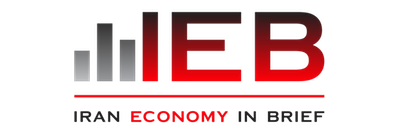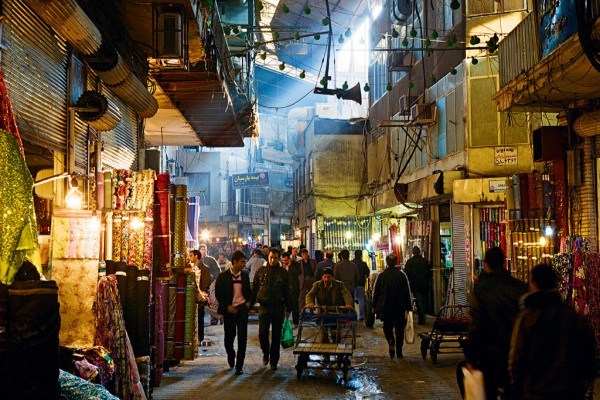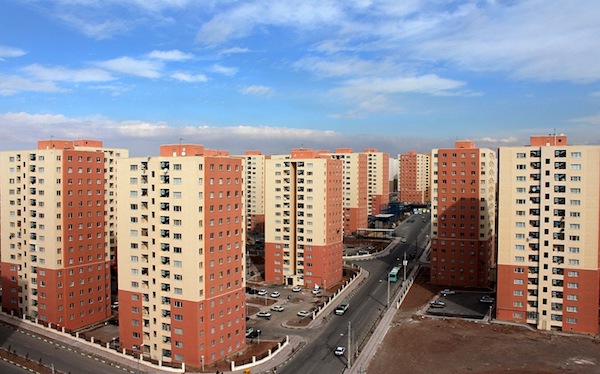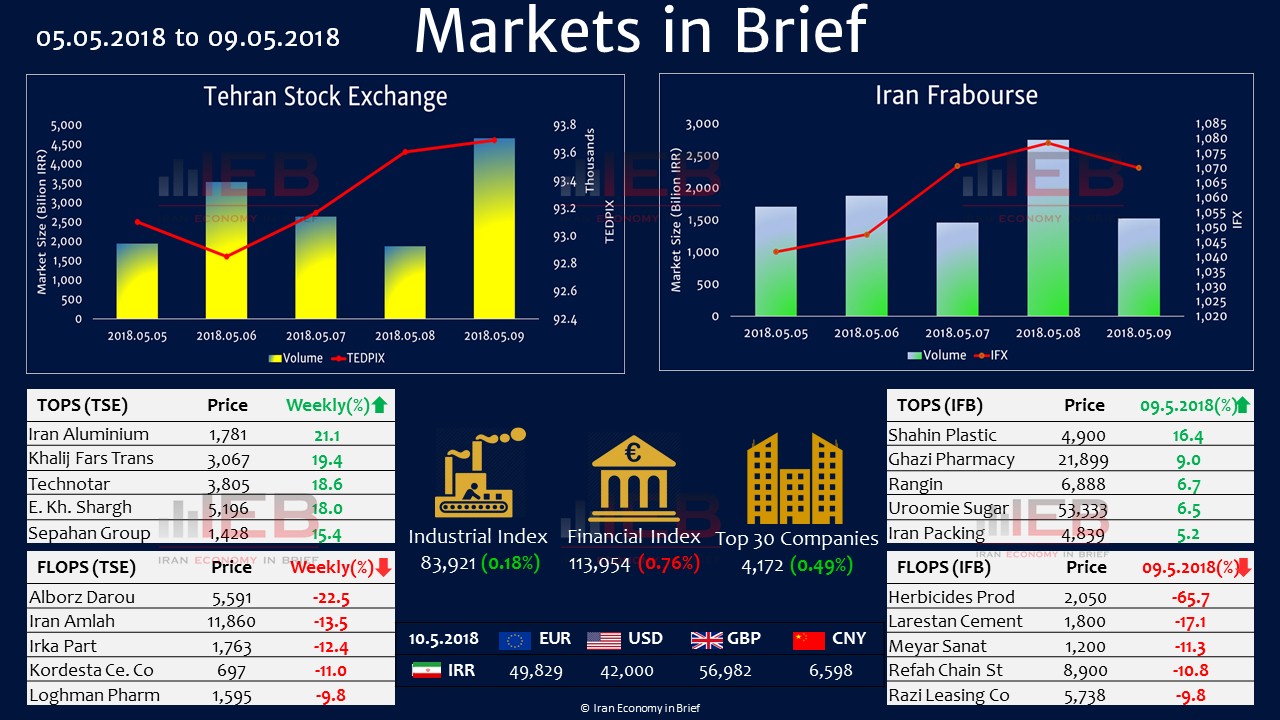
After three years of work, the Oil Ministry of Iran has started using the new type of oil contracts, called Iran Petroleum Contracts (IPC), with the signing of two new deals on four oil-fields.
With the new frameworks, Iran hopes to create a win-win situation which can attract foreign investors even during a period of low oil-prices. To reach such a goal, the country needs to build long-term relationships with investors and at the same time has to provide for smooth operations.
New IPCs seem to have all the needed characteristics; contrary to the old type of oil contracts, the so-called Buy-Out, where the operator was paid the expenses as soon as the development of the oil-field was completed, new frameworks are designed to keep the operator on the field for a long time.
For the new projects, the operator and investors will be entitled to have up to 50% of the oil produced in the field so as to encourage the operator to keep running the field. At the same time, IPCs can last for 27 years.
However, to increase the efficiency and encourage the foreign investors to use the latest technologies for development and production, deals need to be pegged to production. IPCs offer an incentive on each additional barrel produced by the operator, creating a win-win situation for both parties. The incentive might be in cash or percentage of the additional oil produced, depending on the project.
IPCs present another considerable difference compare to that of old Iranian oil-contracts. They oblige all foreign investors to find an Iranian partner on the operational phase. This requirement is a means for to assure the transfer of the Know-How to local companies.
Over the last decades and during the sanctions, Iranian Engineering-Procurement-Constructions (EPC) have developed significantly and Iran wants this progress to continue in the future.
Signing of the two projects proves that IPCs has been wisely revised. Persia Oil Company, an Iranian Exploration and Production (E&P), won the project on three oil-fields next to Iraqi border and now has to find its foreign partner.
The second deal was made between the Oil Ministry of Iran and the Russian company, Tatneft, to work on Dehloran field, located in the western part of Iran.



